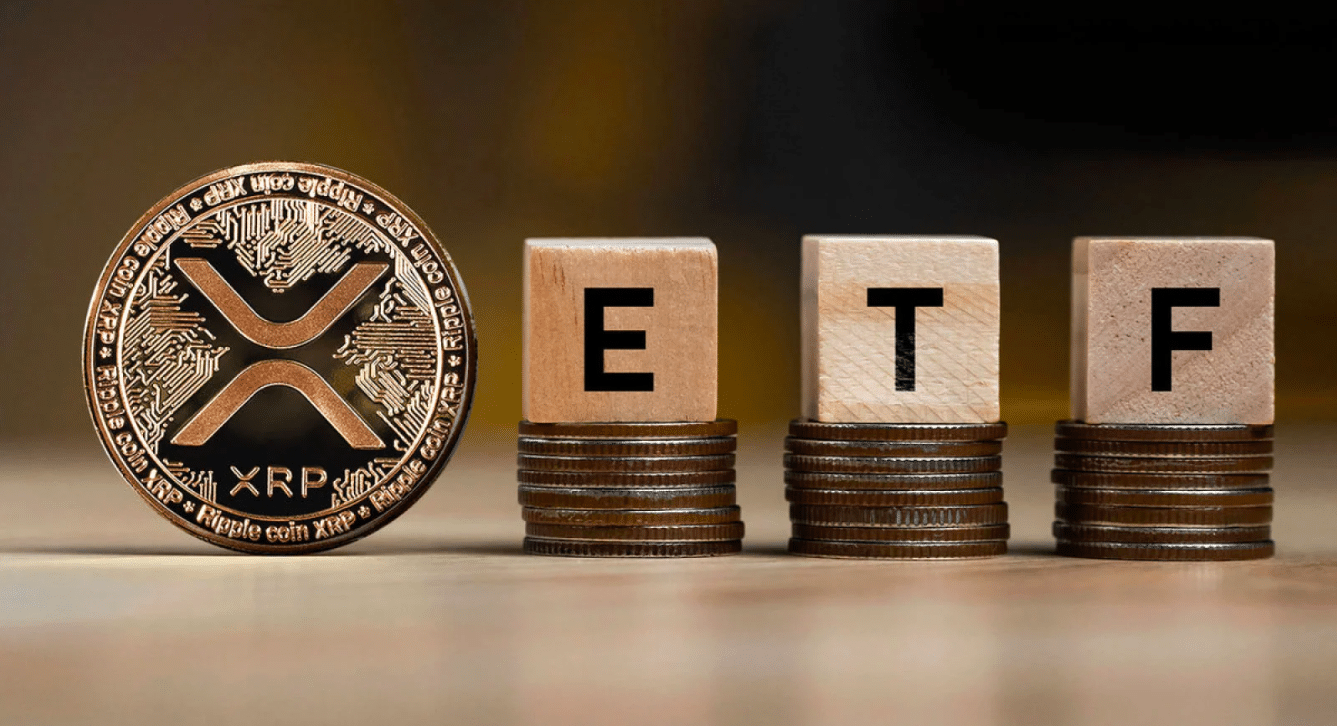|
Getting your Trinity Audio player ready...
|
Brad Garlinghouse, CEO of Ripple, has publicly criticized the U.S. Securities and Exchange Commission (SEC) for disregarding a recent court decision that ruled XRP is not a security. Despite the legal victory, the SEC continues to maintain its stance, sparking concerns about regulatory overreach. Garlinghouse’s comments follow the SEC’s involvement in the Bitnomial case, which centers around the classification of XRP futures.
Garlinghouse Condemns SEC’s Defiance
In a post on X (formerly Twitter), Garlinghouse expressed frustration, accusing the SEC of acting as though it is above the law. “The SEC’s behavior shows a reckless disregard for court rulings,” he said. Ripple’s Chief Legal Officer, Stuart Alderoty, echoed these concerns, questioning the legitimacy of a regulatory agency that dismisses judicial decisions. He further criticized the SEC’s enforcement tactics as unconstitutional and harmful to its credibility.
Alderoty highlighted the troubling trend of the SEC resorting to enforcement threats to demand compliance, even after losing in court. “This approach,” he warned, “sets a dangerous precedent for regulatory overreach.”
Bitnomial Case – SEC Faces Legal Pushback
The Bitnomial lawsuit challenges the SEC’s classification of XRP futures as “security futures.” The crypto derivatives exchange contends that XRP futures fall under the jurisdiction of the Commodity Futures Trading Commission (CFTC), not the SEC, since XRP is not registered as a security.
Filed in the U.S. District Court for the Northern District of Illinois, Bitnomial’s complaint argues that the SEC’s demand to register as a national securities exchange imposes unnecessary regulatory burdens. The exchange pointed out that the SEC’s position contradicts the court’s ruling in Ripple’s case, which determined that XRP is not a security.
Regulatory Overreach Raises Alarms
The SEC’s actions have drawn sharp criticism from legal experts and crypto advocates. Bill Morgan, a pro-XRP lawyer, accused the SEC of overstepping its authority by disregarding legal precedents. John Deaton, who represented XRP holders in the Ripple case, added that the SEC’s behavior reflects an “arbitrary and capricious” approach to enforcement—a serious legal accusation.
Also Read: Ripple’s Chris Larsen Donates $1M In XRP To Kamala Harris PAC, Part Of $200M War Chest
Deaton also cited a recent incident involving Digital Licensing (Debt Box), where the SEC was sanctioned for misconduct. These developments further fuel concerns about the regulator’s unchecked power and inconsistent regulatory practices.
The Ripple-SEC dispute highlights the growing tensions between regulators and the crypto industry. Despite a court ruling in Ripple’s favor, the SEC’s persistence in treating XRP as a security raises questions about the agency’s authority and motives. As the Bitnomial case unfolds, it underscores the urgent need for regulatory clarity to ensure fair treatment of digital assets and prevent further erosion of trust in U.S. financial regulators.
Disclaimer: The information in this article is for general purposes only and does not constitute financial advice. The author’s views are personal and may not reflect the views of Chain Affairs. Before making any investment decisions, you should always conduct your own research. Chain Affairs is not responsible for any financial losses.
I’m a crypto enthusiast with a background in finance. I’m fascinated by the potential of crypto to disrupt traditional financial systems. I’m always on the lookout for new and innovative projects in the space. I believe that crypto has the potential to create a more equitable and inclusive financial system.




